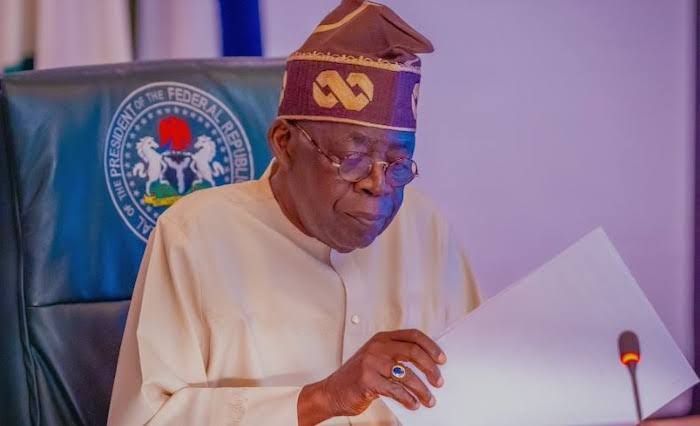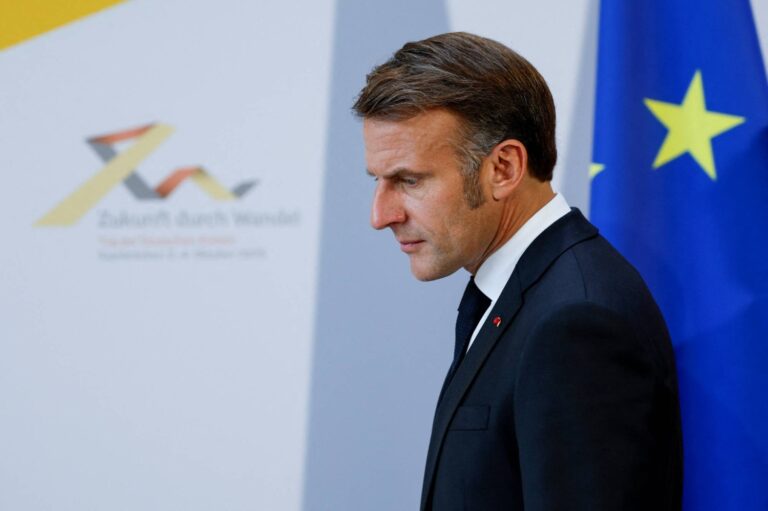
Abuja, Nigeria – Nigeria is on the cusp of a significant transformation in its tax system, with stakeholders and economic experts applauding the progress of the Tax Reform Bills spearheaded by President Bola Ahmed Tinubu’s administration and driven by the Federal Inland Revenue Service (FIRS) under the leadership of Dr. Zacch Adedeji.
The House of Representatives recently passed a series of comprehensive Tax Reform Bills, setting the stage for a more transparent, efficient, and modern tax system. These reforms, which are expected to be considered by the Senate after its recess, aim to broaden the tax base, unify tax laws, and improve overall revenue collection without placing undue burden on citizens.
Tax analyst Arabinrin Aderonke Atoyebi has lauded the leadership of FIRS Chairman Zacch Adedeji, crediting him for the bold and strategic direction the reforms have taken. She noted that after years of inefficiencies and fragmented administration, Nigeria is now witnessing a structured approach to taxation.
Under Dr. Adedeji’s leadership, the FIRS has undergone a significant digital transformation, automating over 80% of tax return processing and enhancing compliance through an upgraded TaxProMax system that features AI-enhanced modules.
The four key bills—Nigeria Revenue Service Bill, Nigeria Tax Administration Bill, Nigeria Taxation (Consolidation) Bill, and the Joint Tax Board Bill—were developed after extensive consultation with state governments, industry stakeholders, and tax experts. Notably, public input led to the decision to retain the current Value Added Tax (VAT) rate, opting against any increases.
Atoyebi emphasized that these bills signal a long-term shift, not a temporary adjustment, and that they represent a commitment to national progress. With presidential assent expected after the Senate’s review, experts say the real test lies in implementation.
The reforms aim to boost revenue without placing undue pressure on citizens or businesses, marking a shift toward accountability, ease of doing business, and inclusive growth. Optimism remains high that the Tinubu-led reforms will solidify the country’s fiscal foundation and reshape its economic future, with the Tax Reform Bills seen as a permanent fixture in the country’s economic landscape.



